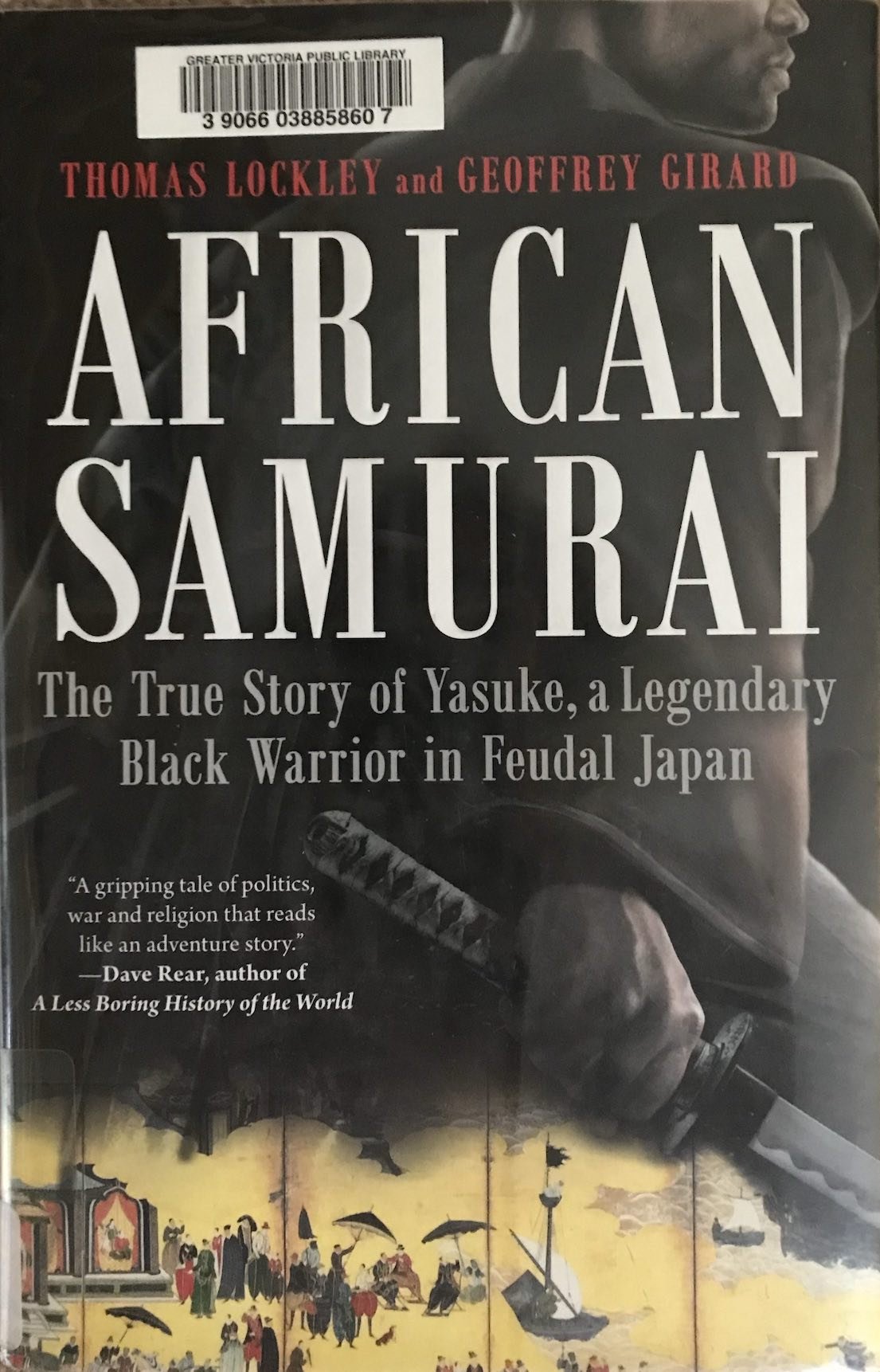
Writing With a Broken Tusk
Writing With a Broken Tusk began in 2006 as a blog about overlapping geographies, personal and real-world, and writing books for children. The blog name refers to the mythical pact made between the poet Vyaasa and the Hindu elephant headed god Ganesha who was his scribe during the composition of the Mahabharata. It also refers to my second published book, edited by the generous and brilliant Diantha Thorpe of Linnet Books/The Shoe String Press, published in 1996, acquired and republished by August House and still miraculously in print.


Caveat Auctor
When John Zubrzycki’s history of Indian magic was published in 2018, Michael Dirda of The Washington Post wrote a grumpy review with a scattering of admiration. Dirda’s criticism cited typos, misspellings, garbled sentences, redundancies—in other words, slovenly editing
Here’s a grudgingly admiring snippet, the annoyance aimed at the publisher, Oxford University Press:
Oxford’s delinquency is particularly annoying because Zubrzycki, an expert on South Asian history, clearly worked hard to produce what is, despite its textual irritations, a valuable and entertaining book.

Histories No One Taught Me: the Story of Yasuke, African Samurai
African Samurai: The True Story of Yasuke, a Legendary Black Warrior in Feudal Japan by Thomas Lockley and Geoffrey Girard is a deep dive into the story of a little-known historical figure: an enslaved man from East Africa transported by the Portuguese to Japan, left behind there with a Jesuit mission. He came to be known as Yasuke, and fought alongside feudal lord Odo Nobunaga to become Japan’s first foreign-born samurai.
